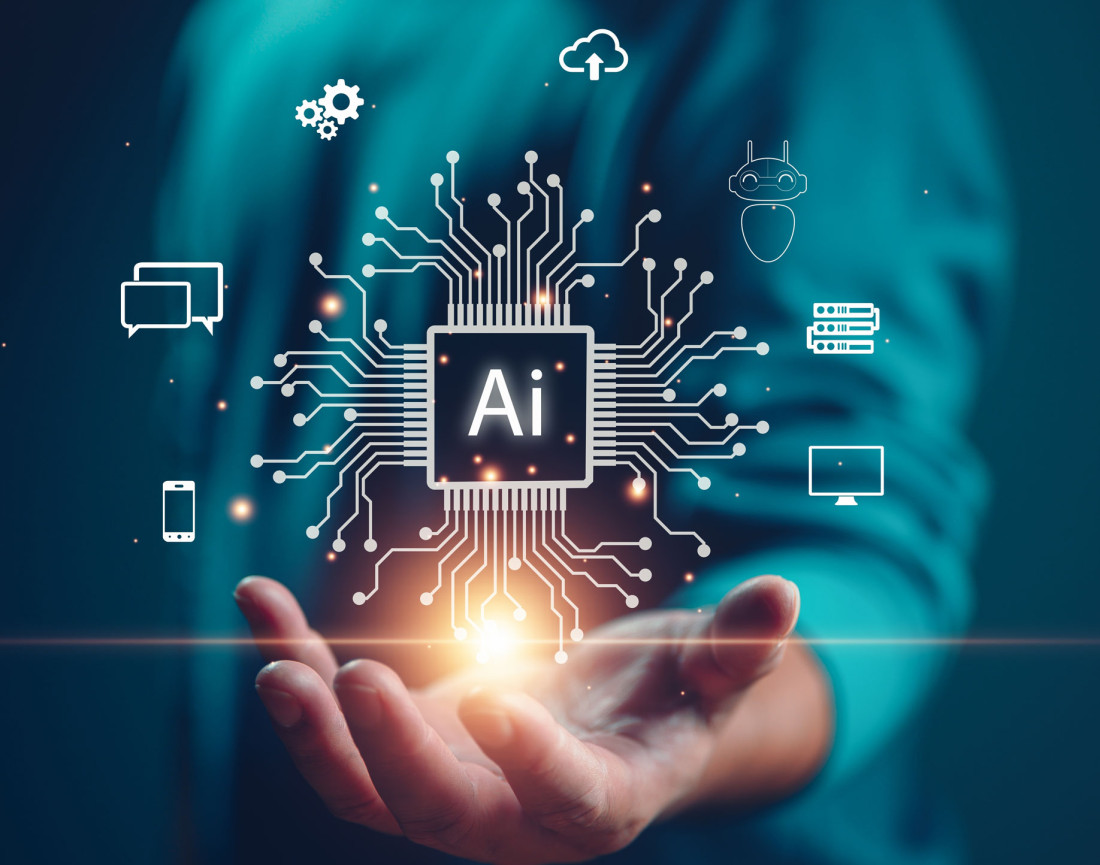The Science Behind Your Biological Age
Your biological age isn't just a number; it's a complex reflection of your genetics, lifestyle, and environment. Our AI analyzes dozens of data points across several key domains to calculate your body's true physiological age.

DNA Methylation (Epigenetic Clocks)
Often called the 'gold standard' for biological age, these patterns on your DNA change predictably with age and are heavily influenced by lifestyle. Our AI analyzes patterns similar to leading epigenetic clocks like Horvath's and PhenoAge.
Telomere Length
These protective caps on your chromosomes shorten with each cell division. Shorter telomeres are a hallmark of cellular aging.
Family History & Genetics
Your inherited genes create a baseline predisposition for certain health outcomes and can influence your natural rate of aging.
Exercise (Aerobic, Anaerobic, Strength)
Regular physical activity is one of the most powerful interventions for lowering biological age. We analyze the volume, intensity, and type of your exercise regimen.
Diet & Nutrition
The quality of your diet—whether it's rich in whole foods or processed items—directly impacts inflammation, metabolic health, and cellular aging.
Sleep Quality & Duration
Sleep is critical for cellular repair and hormonal regulation. Chronic poor sleep accelerates the aging process.
Smoking & Alcohol Consumption
Both are major accelerators of aging. Smoking introduces massive oxidative stress, while excessive alcohol harms the liver and brain.
Stress Levels
Chronic stress elevates cortisol, which can accelerate aging by damaging cells and dysregulating metabolic processes.
Blood Sugar Control (HbA1c)
Chronically high blood sugar leads to glycation, a process where sugar molecules damage proteins and fats, accelerating aging throughout the body.
Lipid Profile (ApoB, LDL, HDL)
Your cholesterol and lipoprotein levels are direct indicators of cardiovascular risk, a primary component of overall health and biological age.
Blood Pressure
High blood pressure puts a strain on your entire cardiovascular system, accelerating wear and tear on your arteries and heart.
Inflammation (hs-CRP)
Chronic, low-grade inflammation (inflammaging) is a core driver of most age-related diseases. High-sensitivity C-reactive protein is a key marker for this.
Social Connections
Strong social ties are consistently linked to longer, healthier lives. Social isolation can be as detrimental as smoking.
Education & Socioeconomic Status
These factors often correlate with health literacy, access to quality food and healthcare, and lower chronic stress, all of which impact biological age.
Environmental Exposure (Location)
Your postal code helps us account for general environmental factors like regional air quality and access to green spaces, which have a known impact on health.
